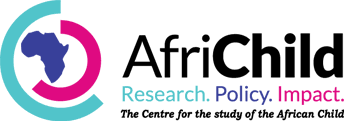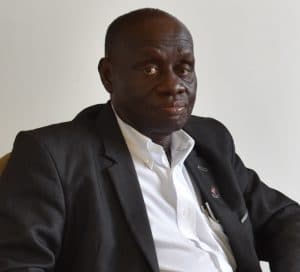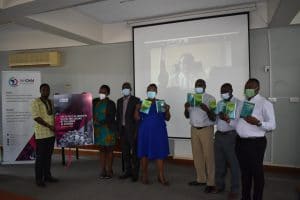February 1 2019 saw AfriChild roll a massive success up its sleeve in the name of thirty trained university lecturers in child-focused research methods. That day marked the end of a journey that begun in January 2018. The trainings dubbed ‘Interuniversity research methods trainings’ were serialized into three with the first occurring in January 2018, the second in June 2018 and the third in January 2019. They aimed at skilling researchers to conduct rigorous child-focused research and to effectively disseminate research findings to inform policy and programs to enhance child wellbeing. Participating universities were: Makerere; Kyambogo; Gulu; Muni; Uganda Christian University; Uganda Martyrs University and Nsamizi Training Institute.

Through the trainings, participants have been equipped with dynamic research skills such as data analysis and management; ethical considerations in child focused research; grants writing and methods of involving children in data collection. After the second training held in June 2018, AfriChild awarded all the universities with UGX 20M each to undertake research in children’s issues. The researches are currently being conducted and will be disseminated in April this year.
“Research is a fundamental investment to help us answer some of the questions on what is affecting Ugandan children. It is prudent that the universities are going to gather the perspectives of the child to really tell the world what children have to say,”
Joyce Wanican, former Executive Director of AfriChild.
The trainings were led by top academicians from Ugandan universities including: Prof. Fred Wabwire-Mangen from the Makerere University School of Public Health; Prof. Peter Ubomba-Jaswa, head of research and associate dean, School of Research and Graduate Studies at UCU and Prof. Grace Lubanga, a seasoned social work academic The third and last training was graced by Dr. Glynis Clacherty, a research associate at the University of Witwatersrand in South Africa. She trained participants in on how to disseminate research on children for different audiences and ethical issues surrounding the use of children to present research.
AfriChild will put forth data and information arising from the universities’ research studies, program evaluations and reviews to stimulate informed discussions and dialogue on policy and practice pertaining to children.





